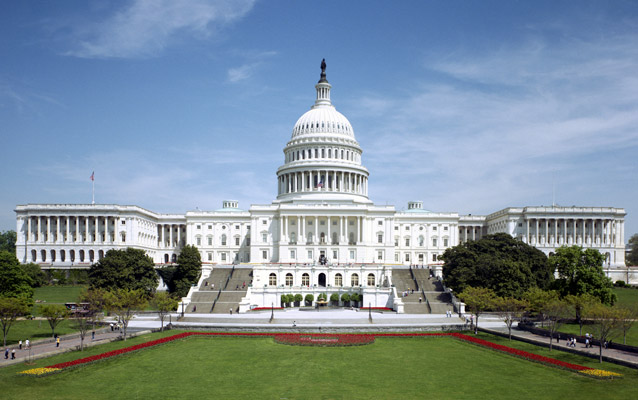Are We Headed to a Dark Age for American Science and Research?
The Atlantic looks at the possible future for scientific research under the Trump administration.

President Donald Trump’s budget proposal calls for major cuts to science and research, areas that have helped propel America to world dominance. The United States has been at the forefront of medical innovation, climate science, space travel, and engineering. Yet Trump’s agenda has scientists fearful of the coming Dark Age in American research and development.
A new article in The Atlantic calls it the “Lost Generation” and says that there is not enough funding in the private sector to offset huge cuts from the federal government.
Adrienne LaFrance, reporter for The Atlantic, joins host Stephen Henderson on Detroit Today.
LaFrance writes:
Scientific discovery costs money—quite a lot of it over time—and requires dogged commitment from the people devoted to advancing their fields. Now, the funding uncertainty that has chipped away at the nation’s scientific efforts for more than a decade is poised to get worse.
The budget proposal President Donald Trump released on Thursday calls for major cuts to funding for medical and science research; he wants to slash funding to the National Institutes of Health by $6 billion, which represents about one-fifth of its budget. Given that the NIH says it uses more than 80 percent of its budget on grant money to universities and other research centers, thousands of institutions and many more scientists would suffer from the proposed cuts.
To hear LaFrance on Detroit Today, click on the audio player above to hear the full conversation.
